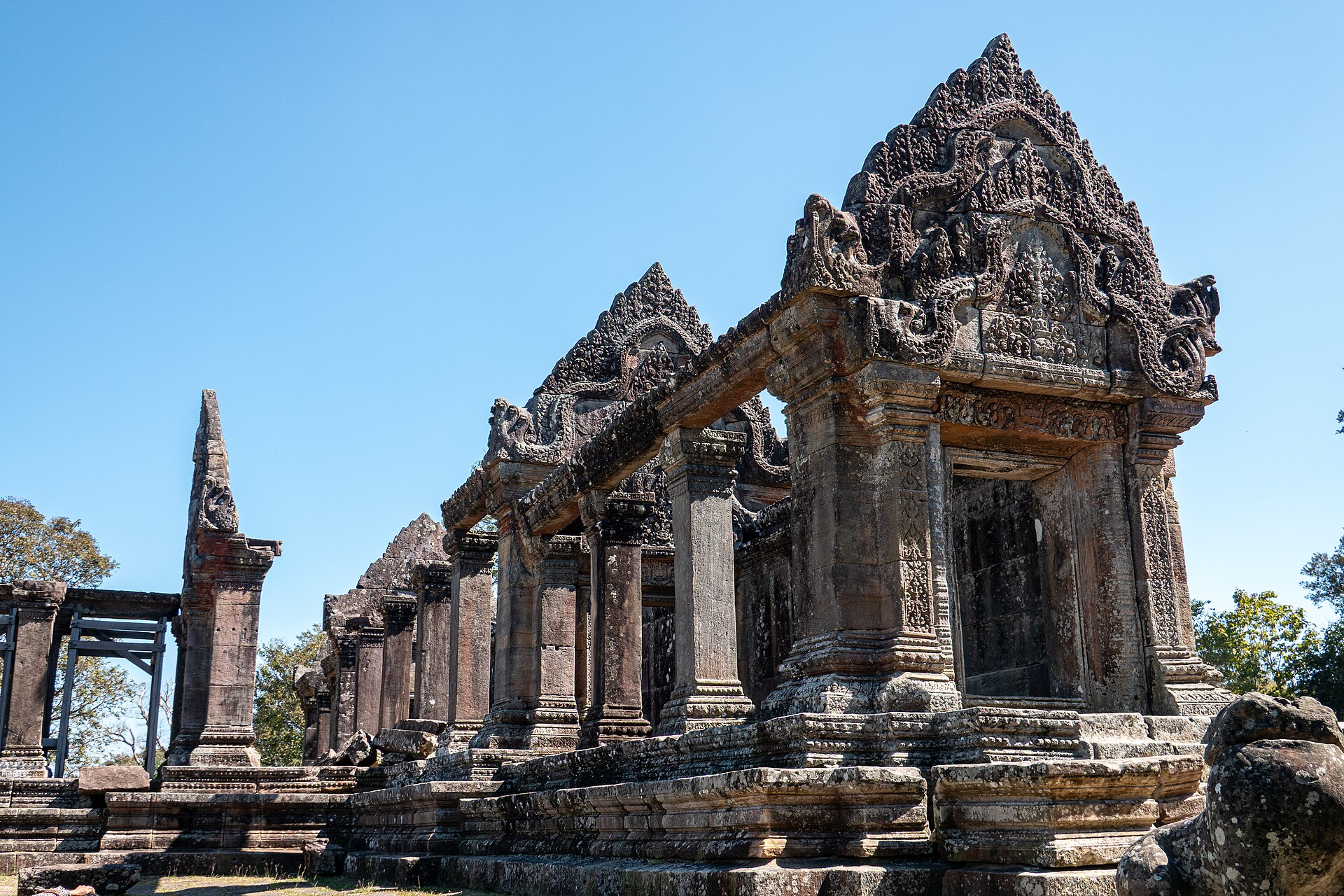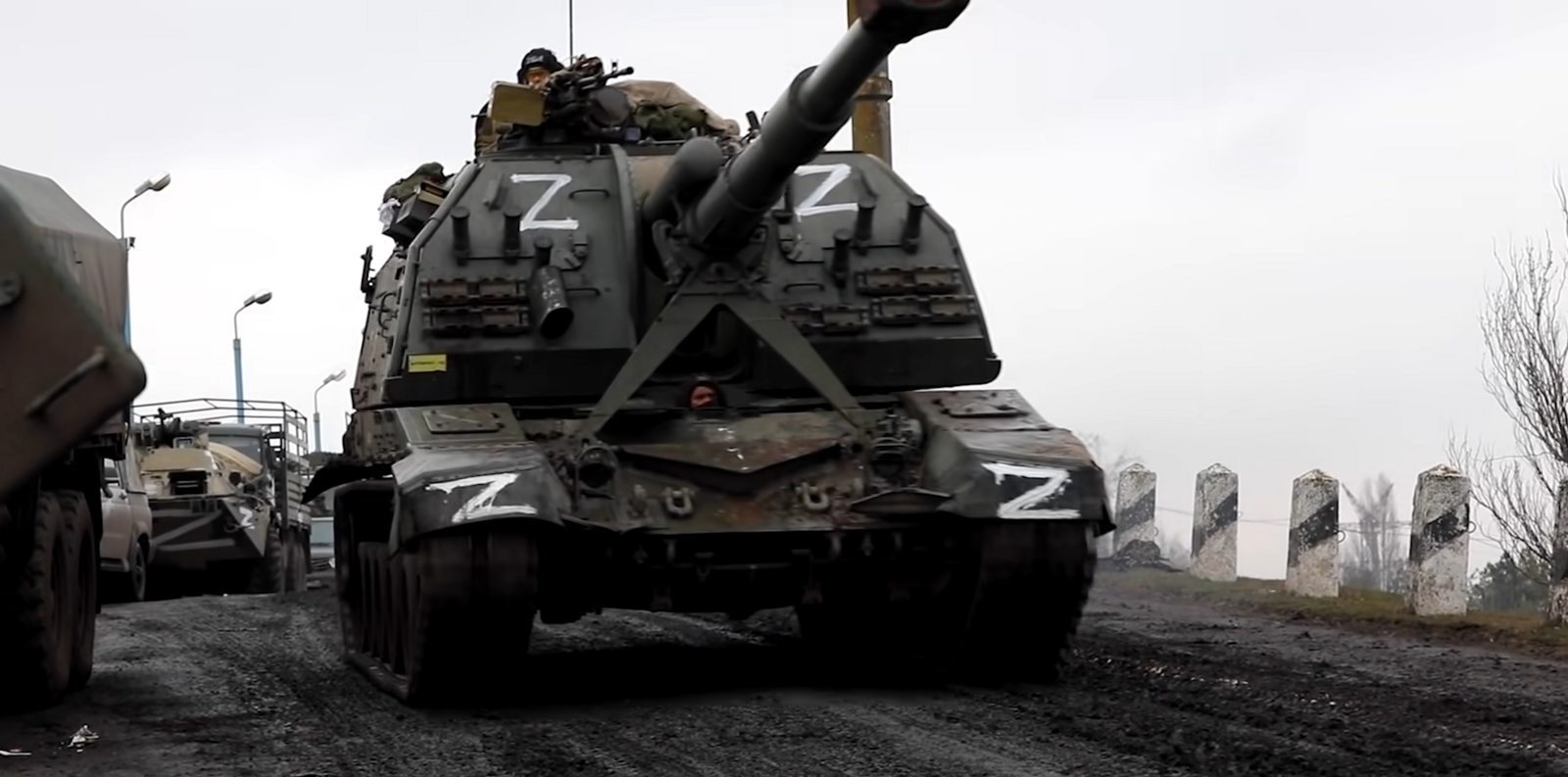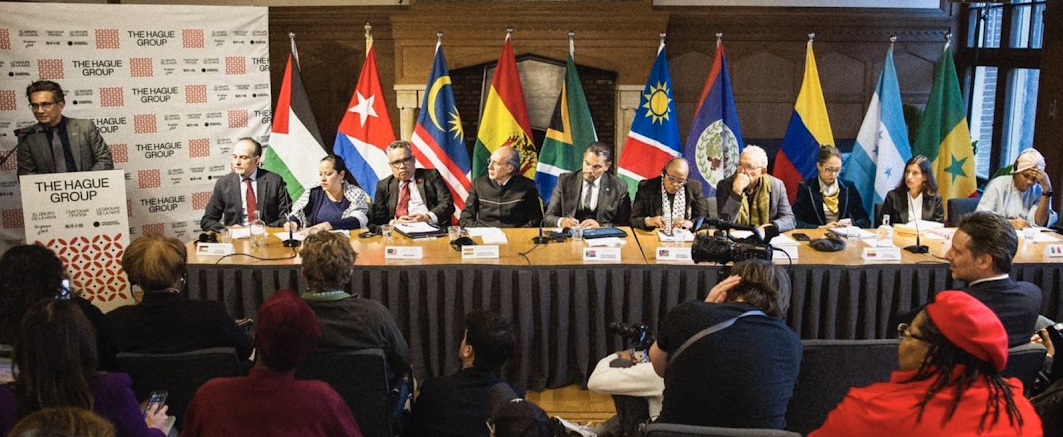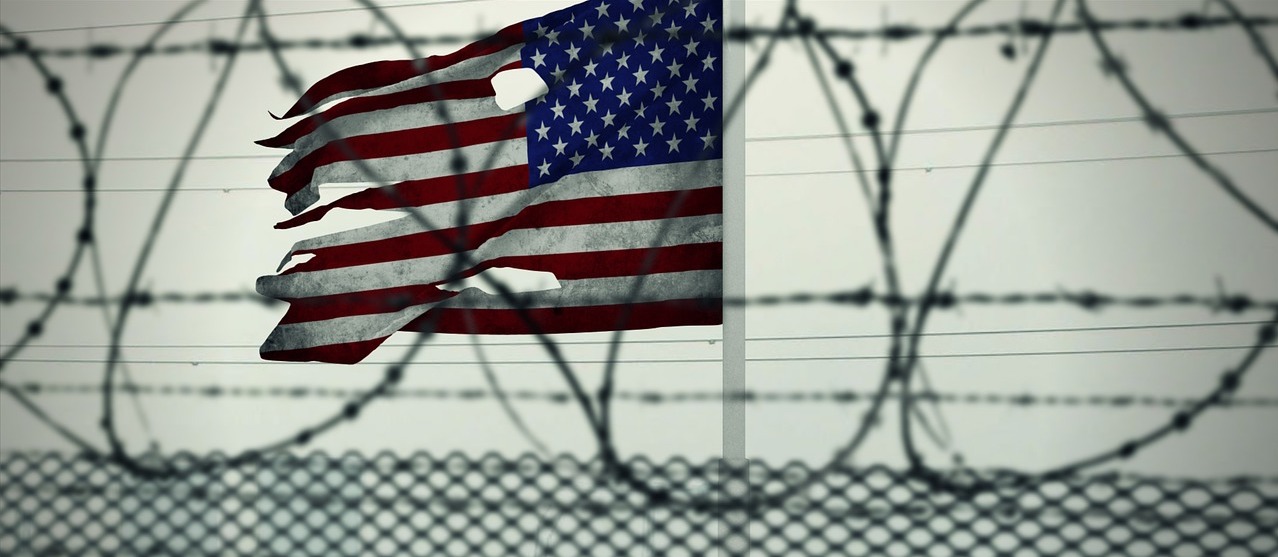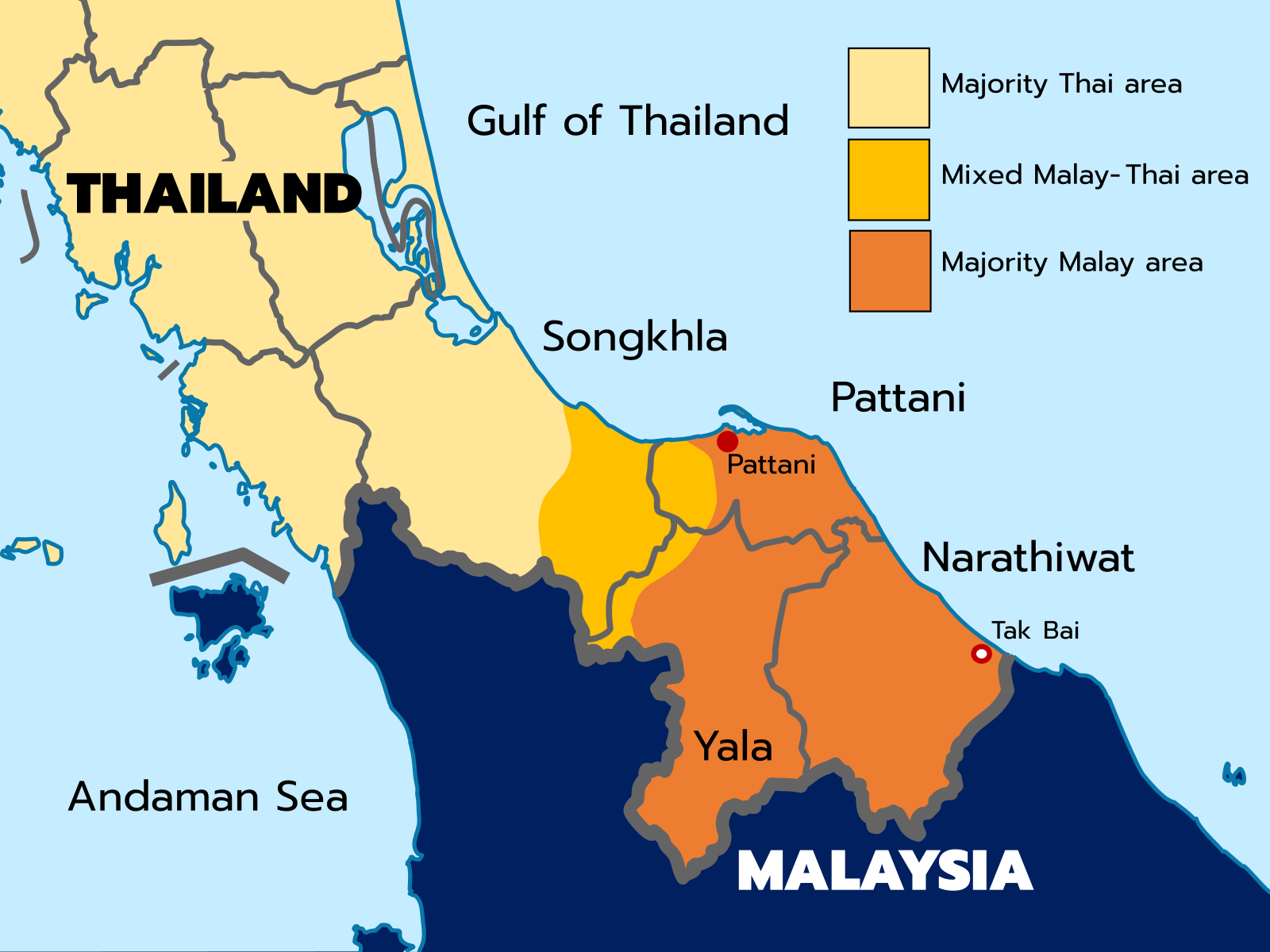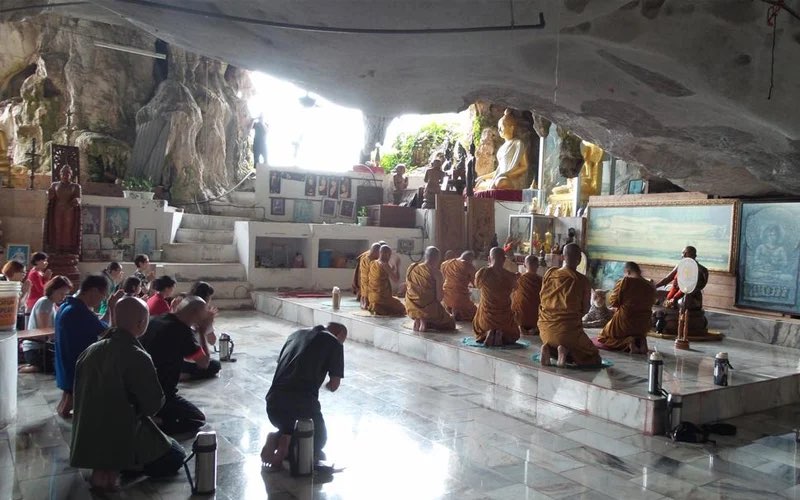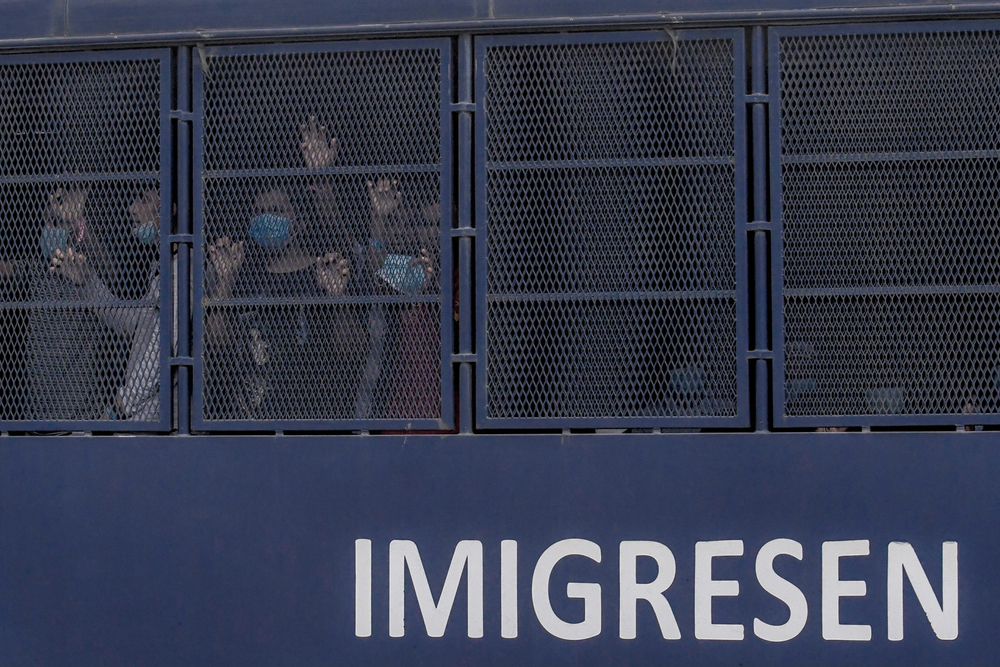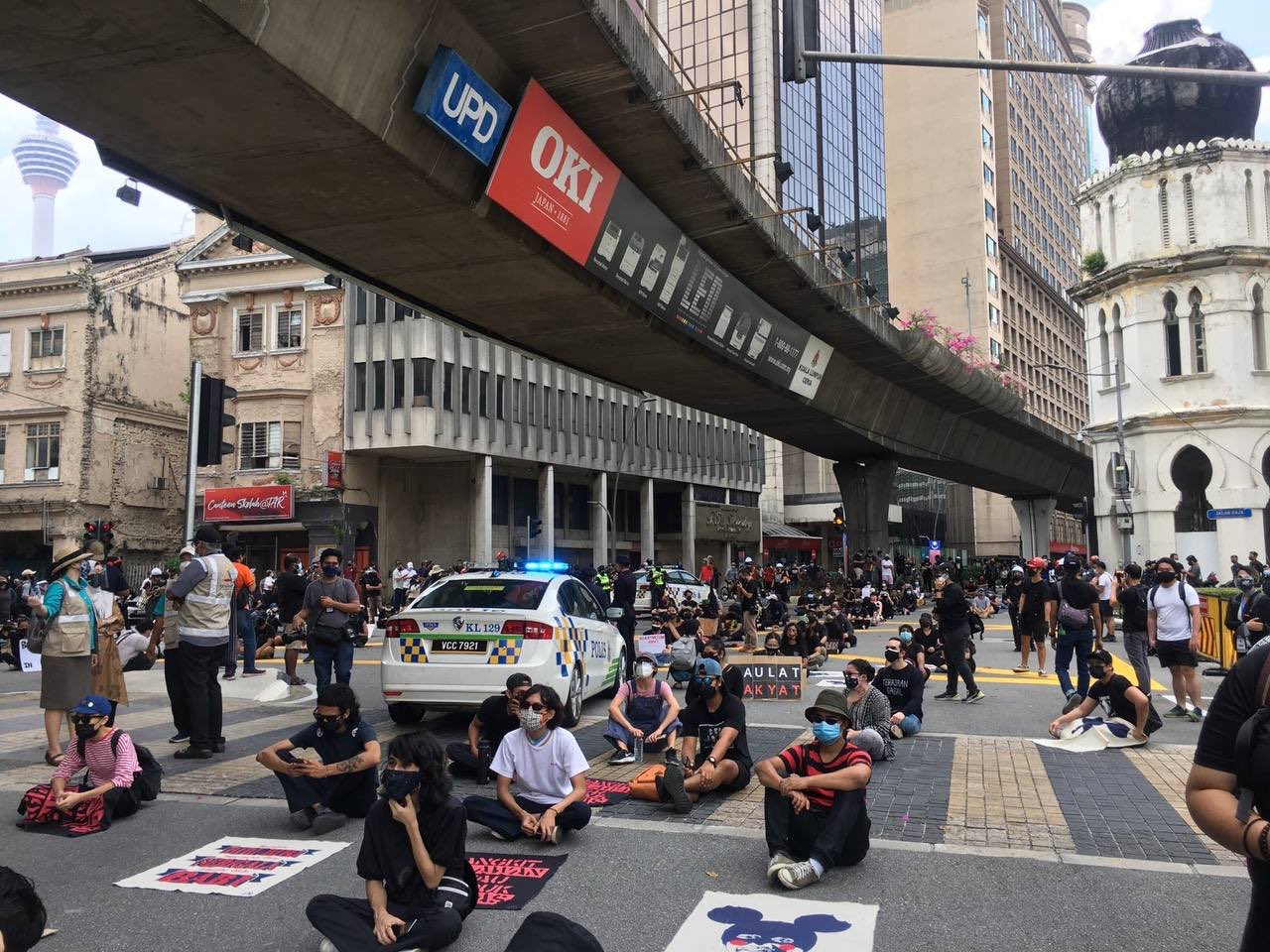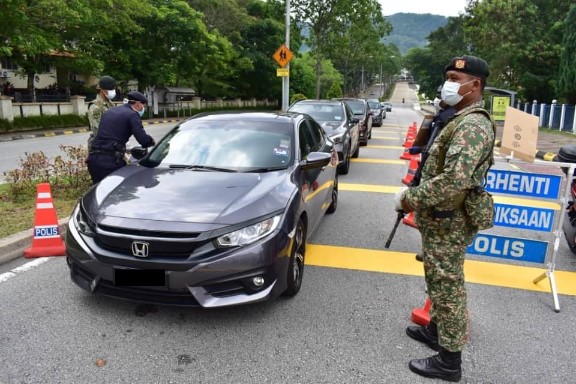North America

At its annual convention in Denver, the National Congress of American Indians spoke strongly against the Trump administration’s decision to halt the restoration of ancestral lands to the Mashpee Wampanoag tribe of Massachusetts, invoking a return to the disastrous policies of the “termination era.” At issue are 321 acres where the Wampanoag sought to build a casino. The US Interior Department issued a decision in 2015 to take the lands into trust for the trib, and ground was broken on the casino the following year. But opponents challenged the land transfer in the courts. In April 2016, a federal judge found the Interior decision had bypassed the Supreme Court’s 2009 ruling in Carcieri v Salazar, concerning a land recovery effort by the Narragansett Indian Nation of Rhode Island. In the Carcieri case, the high court ruled that the federal government had no power to grant land in trust for tribes recognized after passage of the Indian Reorganization Act of 1934. In September of this year, the Interior decision was reversed by Tara Sweeney, the new assistant secretary for Indian Affairs. Sweeney determined that the Mashpee Wampanoag-—whose ancestors welcomed some of the first settlers to the Americas more than 300 years ago—could not have their homelands restored because they were only federally recognized in 2007. (Photo: Indianz.com)
